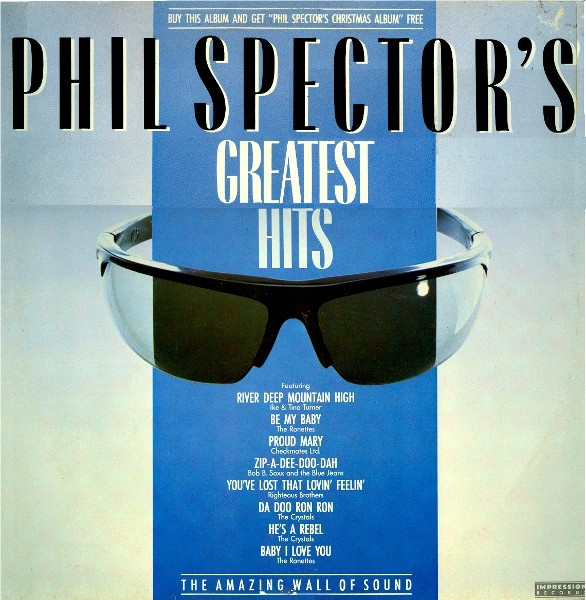Queen: Queen II - 1974
"A lot of people thought we'd forsaken rock music" - Roger Taylor
In 1974, Queen were still something of a "cult" band. One (comparatively) minor chart hit in Seven Seas Of Rhye had brought them to people's attention and this, my personal favourite Queen album, still slipped under the radar in comparison to later works.
Lyrically, fairies, queens, dragonflies, ogres and the like were still prevalent and the music the mixture of "heavy" and piano-driven melodic delicacy that we had been introduced to on their 1973 debut album. There was, thankfully, no of the 1920s-style Mercury foppery that, in my opinion, so blighted A Night At The Opera. A Day At The Races and, to a lesser extent Sheer Heart Attack. Give me white queens and ogre battles to lazing on a Sunday afternoon, which is a strange choice to make when assessing a "rock" band's music, but the "heavy" bits on White Queen", Father To Son and Ogre Battle win out and make Queen II a very credible album.
Despite the appeal of the heavy rock of Father To Son and the beguiling White Queen as openers, the ethereal Some Day One Day and the completely incongruous but strangely rockily appealing "Taylor track", The Loser In The End, (written by drummer Roger Taylor) where he regrets allowing his mother to wash his clothes for him in his youth, it is the old "side two" that steals the show. I have to say also that the production on Father To Son is pretty ropey - the track sounds - as much of Queen's output did - muffled and quiet when it shouldn't be, loud when it also shouldn't be.
Segued as one complete whole, Abbey Road style, we get one Queen classic after another - the afore-mentioned Ogre Battle; the artist Richard Dadd-inspired lyrical wonder of Fairy Feller's Master-Stroke; the beautiful but brief Nevermore leading into the tour de force and forerunner to Bohemian Rhapsody that is March Of The Black Queen (in many ways I prefer it to Rhapsody). Then it is the harmonious Funny How Love Is before the catchy rock of the single, Seven Seas Of Rhye, signs off to what is, in my opinion, the finest twenty minutes in Queen's career. It is simply great - rocking throughout, even around its more winsome moments. I love it.
A brief longer look at the band's first hit single here -
Seven Seas Of Rhye was Queen's first hit single and, for many, the introductory starting point for their Queen appreciation. It was for me. After this I bought Queen II and the debut album, Queen. It was a mixture of rock and glam with a touch of progginess about the quasi-mythological lyrics. It also boasted that grandiosity that would be somewhat unique to Queen as the years progressed. Yes they rocked, but they did it with class and élan. Their singer was theatrical and foppish but he attracted a following of regular, heterosexual young men, such as myself. We didn't really think about the possibility that he may be gay, not at all, he was just another strutting, preening peacock, of which glam rock produced so many. Those were odd years, those glam rock ones of 1973-75, weren't they?
Overall, Queen II is proof that Queen weren't always the "singles band" that some later albums unfortunately suggested they may be.
Non-album track
The 'b' side of The Seven Seas Of Rhye was a track called See What A Fool I've Been and was probably the only time when Queen got the blues. It was a Brian May song baaed on The Way I Feel by Sonny Terry & Brownie McGee. It is a refreshingly heavy number featuring some great guitar and Queen going all Led Zeppelin.
A suitably nice, melodic performance of Nevermore from a BBC Session also appears on the extended release of the album.











